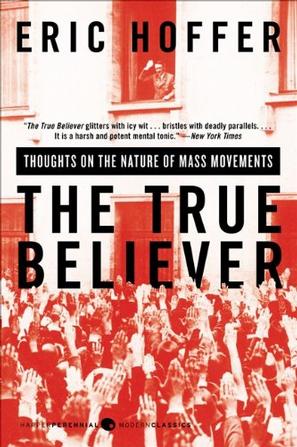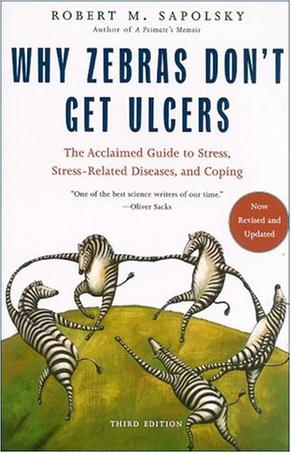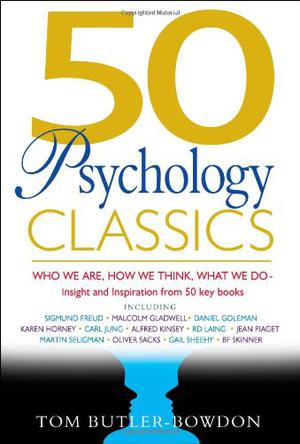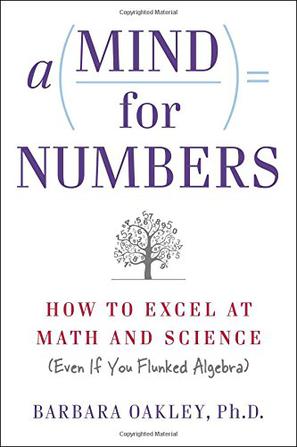-

The True Believer
A stevedore on the San Francisco docks in the 1940s, Eric Hoffer wrote philosophical treatises in his spare time while living in the railroad yards. The True Believer -- the first and most famous of his books -- was made into a bestseller when President Eisenhower cited it during one of the earliest television press conferences.Completely relevant and essential for understanding the world today, The True Believer is a visionary, highly provocative look into the mind of the fanatic and a penetrating study of how an individual becomes one. -

Why Zebras Don't Get Ulcers, Third Edition
Now in a third edition, Robert M. Sapolsky's acclaimed and successful Why Zebras Don't Get Ulcers features new chapters on how stress affects sleep and addiction, as well as new insights into anxiety and personality disorder and the impact of spirituality on managing stress. As Sapolsky explains, most of us do not lie awake at night worrying about whether we have leprosy or malaria. Instead, the diseases we fear - and the ones that plague us now - are illnesses brought on by the slow accumulation of damage, such as heart disease and cancer. When we worry or experience stress, our body turns on the same physiological responses that an animal's does, but we do not resolve conflict in the same way - through fighting or fleeing. Over time, this activation of a stress response makes us literally sick. Combining cutting-edge research with a healthy dose of good humour and practical advice, Why Zebras Don't Get Ulcers explains how prolonged stress causes or intensifies a range of physical and mental afflictions, including depression, ulcers, colitis, heart disease, and more. It also provides essential guidance to controlling our stress responses. This new edition promises to be the most comprehensive and engaging one yet. -

50 Psychology Classics
In a journey spanning 50 books, hundreds of ideas and over a century, "50 Psychology Classics" looks at some of the most intriguing questions relating to what motivates us, what makes us feel and act in certain ways, how our brains work, and how we create a sense of self. "50 Psychology Classics" explores writings from some iconic figures such as Freud, Adler, Jung, skinner, James, Piaget and Pavolv, but also highlights the work of contemporary thinkers such as Gardner, Gilbert, Goleman and Seligman. We all need a personal theory of what makes people tick. To survive and thrive, we have to know who and what we are, and to be canny about the motivations of others. The common route to this knowledge is life experience, but we can advance our appreciation of the subject more quickly through reading. From the author of the bestselling "50 Self-Help Classics", "50 Success Classics" and "50 Spiritual Classics", which have sold over 100,000 in the English language and have been translated into 17 languages, "50 Psychology Classics" will further your understanding of human nature and yourself. You will find life-changing insights from 50 key books from the following authors: Alfred Adler; Gavin de Becker; Eric Berne; Edward de Bono; Robert Bolton; Nathaniel Branden; Isabel Briggs Myers; Louann Brizendine; David D Burns; Robert Cialdini; Mihaly Csikszentmihalyi; Albert Ellis and Robert Harper; Milton Erickson; Erik Erikson; Hans Eysenck; Susan Forward; Viktor Frankl; Anna Freud; Sigmund Freud; Howard Gardner; Daniel Gilbert; Malcolm Gladwell; Daniel Goleman; John M Gottman; Harry Harlow; Thomas A Harris; Eric Hoffer; Karen Horney; William James; Carl Jung; Eric Kandel; Alfred Kinsey; Melanie Klein; RD Laing; Abraham Maslow; Stanley Milgram; Ivan Pavlov; Fritz Perls; Jean Piaget; Steven Pinker; VS Ramachandran; Carl Rogers; Oliver Sacks; Barry Schwartz; Martin Seligman; Gail Sheehy; BF Skinner; Douglas Stone; William Styron; and, Robert E Thayer. -

A Mind For Numbers
Whether you are a student struggling to fulfill a math or science requirement, or you are embarking on a career change that requires a higher level of math competency, A Mind for Numbers offers the tools you need to get a better grasp of that intimidating but inescapable field. Engineering professor Barbara Oakley knows firsthand how it feels to struggle with math. She flunked her way through high school math and science courses, before enlisting in the army immediately after graduation. When she saw how her lack of mathematical and technical savvy severely limited her options—both to rise in the military and to explore other careers—she returned to school with a newfound determination to re-tool her brain to master the very subjects that had given her so much trouble throughout her entire life. In A Mind for Numbers, Dr. Oakley lets us in on the secrets to effectively learning math and science—secrets that even dedicated and successful students wish they’d known earlier. Contrary to popular belief, math requires creative, as well as analytical, thinking. Most people think that there’s only one way to do a problem, when in actuality, there are often a number of different solutions—you just need the creativity to see them. For example, there are more than three hundred different known proofs of the Pythagorean Theorem. In short, studying a problem in a laser-focused way until you reach a solution is not an effective way to learn math. Rather, it involves taking the time to step away from a problem and allow the more relaxed and creative part of the brain to take over. A Mind for Numbers shows us that we all have what it takes to excel in math, and learning it is not as painful as some might think! -

A New Earth
Building on the astonishing success of The Power of Now, Eckhart Tolle presents readers with an honest look at the current state of humanity: He implores us to see and accept that this state, which is based on an erroneous identification with the egoic mind, is one of dangerous insanity. Tolle tells us there is good news, however. There is an alternative to this potentially dire situation. Humanity now, perhaps more than in any previous time, has an opportunity to create a new, saner, more loving world. This will involve a radical inner leap from the current egoic consciousness to an entirely new one. In illuminating the nature of this shift in consciousness, Tolle describes in detail how our current ego-based state of consciousness operates. Then gently, and in very practical terms, he leads us into this new consciousness. We will come to experience who we truly are—which is something infinitely greater than anything we currently think we are—and learn to live and breathe freely. -

How to Stop Worrying and Start Living
Learn how to break the worry habit -- Now and forever! With Dale Carnegie's timeless advice in hand, more than six million people have learned how to eliminate debilitating fear and worry from their lives and to embrace a worry-free future. In this classic work, How to Stop Worrying and Start Living, Carnegie offers a set of practical formulas that you can put to work today. It is a book packed with lessons that will last a lifetime and make that lifetime happier! DISCOVER HOW TO: Eliminate fifty percent of business worries immediately Reduce financial worries Avoid fatigue -- and keep looking young Add one hour a day to your waking life Find yourself and be yourself -- remember there is no one else on earth like you! Fascinating to read and easy to apply, How to Stop Worrying and Start Living deals with fundamental emotions and life-changing ideas. There's no need to live with worry and anxiety that keep you from enjoying a full, active life!